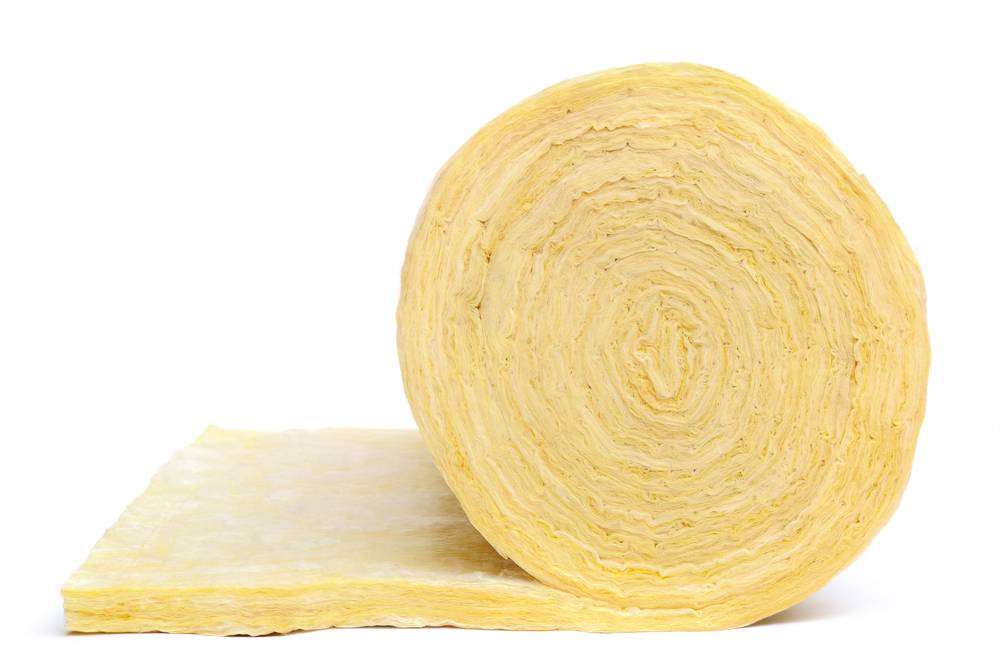Best Insulation for Best Home Performance
Choosing the best insulation for your home helps lower your utility bills, improves the comfort of your home and reduces noise. Of course, your eyes probably glazed over when you read that you could lower your utility bills, and you’re no doubt in a sense of euphoria at the mere thought of saving money. However, there are actually more important home performance reasons why proper insulation is critical in your home.
 Types of Insulation
There are many types of insulation available, and choosing the best insulation depends on your needs. The most recognizable type of insulation is fiberglass, which comes in batt or blown forms. Other less recognizable types are rigid foam board, cellulose and spray foam. In areas of hot, sunny climates, radiant barrier may also be recommended to help improve the performance of insulation. Insulation is measured with an R-value, which indicates its ability to resist heat flow. The higher the R-value, the more insulating power offered.
Air Leaks
Air leaks around windows and doors are easy to find in your home, but those that occur in attics, basements and crawlspaces actually cause more problems. Most types of insulation do not stop air movement, which means air leaks can ruin the R-value of your walls and ceilings. In fact, consider the air that pours out of these leaks are tiny dollar bills pouring out into the atmosphere—that’ll provide you with a better picture of why you need to seal air leaks before installing the best insulation possible to keep those tiny dollars inside your home.
Sealing Air Leaks
Air leaks into and out of the home occur in some commonly known areas, but also in some areas that you may not have considered. Air leaks into your home in obvious areas, such as around doors and windows, but also through areas such as dryer vents, outdoor faucets and crawl spaces. Although it might be tempting to board up and seal off all of these pesky little leaks, your family may not be pleased at the look of the boarded up doors and windows. In addition, air leaks from your home through plumbing vents, your attic entrance, and the ductwork in your home. Even recessed lighting can cause air to leak from your home. The best option is to caulk and weather strip these areas as much as possible before adding the best insulation to provide additional protection from those escaping dollars.
For small leaks, caulk, spray foam and weather stripping are sufficient to trap those little dollars from escaping, while larger holes may require plywood, drywall or rigid foam insulation. Close gaps around chimneys and furnace flues with sheet metal or high temperature caulking.
If you need more information about the best insulation for your home, visit Spencer AC & Heating online, and be sure to connect with us on Twitter, Facebook, YouTube and LinkedIn!
Types of Insulation
There are many types of insulation available, and choosing the best insulation depends on your needs. The most recognizable type of insulation is fiberglass, which comes in batt or blown forms. Other less recognizable types are rigid foam board, cellulose and spray foam. In areas of hot, sunny climates, radiant barrier may also be recommended to help improve the performance of insulation. Insulation is measured with an R-value, which indicates its ability to resist heat flow. The higher the R-value, the more insulating power offered.
Air Leaks
Air leaks around windows and doors are easy to find in your home, but those that occur in attics, basements and crawlspaces actually cause more problems. Most types of insulation do not stop air movement, which means air leaks can ruin the R-value of your walls and ceilings. In fact, consider the air that pours out of these leaks are tiny dollar bills pouring out into the atmosphere—that’ll provide you with a better picture of why you need to seal air leaks before installing the best insulation possible to keep those tiny dollars inside your home.
Sealing Air Leaks
Air leaks into and out of the home occur in some commonly known areas, but also in some areas that you may not have considered. Air leaks into your home in obvious areas, such as around doors and windows, but also through areas such as dryer vents, outdoor faucets and crawl spaces. Although it might be tempting to board up and seal off all of these pesky little leaks, your family may not be pleased at the look of the boarded up doors and windows. In addition, air leaks from your home through plumbing vents, your attic entrance, and the ductwork in your home. Even recessed lighting can cause air to leak from your home. The best option is to caulk and weather strip these areas as much as possible before adding the best insulation to provide additional protection from those escaping dollars.
For small leaks, caulk, spray foam and weather stripping are sufficient to trap those little dollars from escaping, while larger holes may require plywood, drywall or rigid foam insulation. Close gaps around chimneys and furnace flues with sheet metal or high temperature caulking.
If you need more information about the best insulation for your home, visit Spencer AC & Heating online, and be sure to connect with us on Twitter, Facebook, YouTube and LinkedIn!
 Types of Insulation
There are many types of insulation available, and choosing the best insulation depends on your needs. The most recognizable type of insulation is fiberglass, which comes in batt or blown forms. Other less recognizable types are rigid foam board, cellulose and spray foam. In areas of hot, sunny climates, radiant barrier may also be recommended to help improve the performance of insulation. Insulation is measured with an R-value, which indicates its ability to resist heat flow. The higher the R-value, the more insulating power offered.
Air Leaks
Air leaks around windows and doors are easy to find in your home, but those that occur in attics, basements and crawlspaces actually cause more problems. Most types of insulation do not stop air movement, which means air leaks can ruin the R-value of your walls and ceilings. In fact, consider the air that pours out of these leaks are tiny dollar bills pouring out into the atmosphere—that’ll provide you with a better picture of why you need to seal air leaks before installing the best insulation possible to keep those tiny dollars inside your home.
Sealing Air Leaks
Air leaks into and out of the home occur in some commonly known areas, but also in some areas that you may not have considered. Air leaks into your home in obvious areas, such as around doors and windows, but also through areas such as dryer vents, outdoor faucets and crawl spaces. Although it might be tempting to board up and seal off all of these pesky little leaks, your family may not be pleased at the look of the boarded up doors and windows. In addition, air leaks from your home through plumbing vents, your attic entrance, and the ductwork in your home. Even recessed lighting can cause air to leak from your home. The best option is to caulk and weather strip these areas as much as possible before adding the best insulation to provide additional protection from those escaping dollars.
For small leaks, caulk, spray foam and weather stripping are sufficient to trap those little dollars from escaping, while larger holes may require plywood, drywall or rigid foam insulation. Close gaps around chimneys and furnace flues with sheet metal or high temperature caulking.
If you need more information about the best insulation for your home, visit Spencer AC & Heating online, and be sure to connect with us on Twitter, Facebook, YouTube and LinkedIn!
Types of Insulation
There are many types of insulation available, and choosing the best insulation depends on your needs. The most recognizable type of insulation is fiberglass, which comes in batt or blown forms. Other less recognizable types are rigid foam board, cellulose and spray foam. In areas of hot, sunny climates, radiant barrier may also be recommended to help improve the performance of insulation. Insulation is measured with an R-value, which indicates its ability to resist heat flow. The higher the R-value, the more insulating power offered.
Air Leaks
Air leaks around windows and doors are easy to find in your home, but those that occur in attics, basements and crawlspaces actually cause more problems. Most types of insulation do not stop air movement, which means air leaks can ruin the R-value of your walls and ceilings. In fact, consider the air that pours out of these leaks are tiny dollar bills pouring out into the atmosphere—that’ll provide you with a better picture of why you need to seal air leaks before installing the best insulation possible to keep those tiny dollars inside your home.
Sealing Air Leaks
Air leaks into and out of the home occur in some commonly known areas, but also in some areas that you may not have considered. Air leaks into your home in obvious areas, such as around doors and windows, but also through areas such as dryer vents, outdoor faucets and crawl spaces. Although it might be tempting to board up and seal off all of these pesky little leaks, your family may not be pleased at the look of the boarded up doors and windows. In addition, air leaks from your home through plumbing vents, your attic entrance, and the ductwork in your home. Even recessed lighting can cause air to leak from your home. The best option is to caulk and weather strip these areas as much as possible before adding the best insulation to provide additional protection from those escaping dollars.
For small leaks, caulk, spray foam and weather stripping are sufficient to trap those little dollars from escaping, while larger holes may require plywood, drywall or rigid foam insulation. Close gaps around chimneys and furnace flues with sheet metal or high temperature caulking.
If you need more information about the best insulation for your home, visit Spencer AC & Heating online, and be sure to connect with us on Twitter, Facebook, YouTube and LinkedIn!




